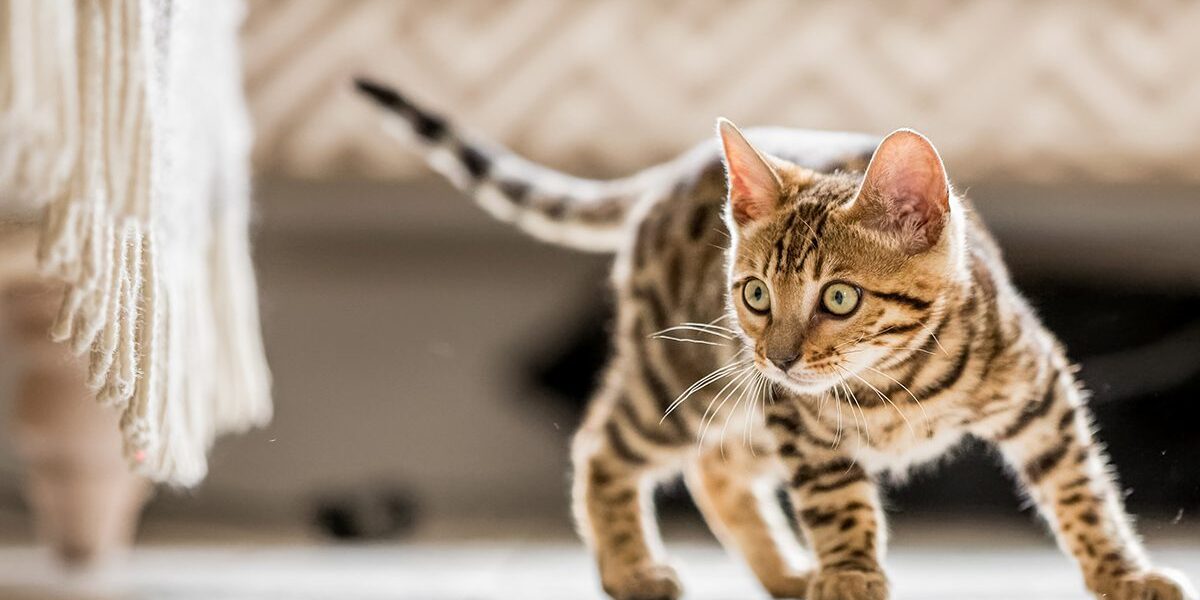
Feline Leukemia: The Silent Threat We Can Stop with Vaccination
Kittens may look perfectly healthy on the outside—bright-eyed, curious, and full of energy. But even the most playful young cats need protection from threats that aren’t immediately visible. Many new cat owners are surprised to learn that core vaccines aren’t the only ones their kitten needs. One of the more serious risks is feline leukemia virus (FeLV), a contagious disease that can quietly affect a cat’s immune system and overall health.
What Is Feline Leukemia?
Feline leukemia is a contagious virus that weakens a cat’s immune system, making them vulnerable to infections, chronic illness, and certain cancers. It’s one of the leading causes of death in cats — especially young ones. And the heartbreaking part? Many cats who contract FeLV don’t look sick at all, until it’s far too late.
There’s no cure for feline leukemia. But there is protection — and it starts with vaccination.
How Is It Spread?
FeLV spreads through close contact: shared food and water bowls, mutual grooming, bites, and even a sneeze. It’s especially common among outdoor cats or strays, who may carry the virus without showing any signs of illness. A friendly nose-boop through a screen door or an unexpected scuffle in the yard is all it takes. That’s why we recommend every kitten receive the feline leukemia vaccine, even if you think they’ll be indoor-only.
Why Every Kitten Needs the FeLV Vaccine
At PetMed of Key West, we believe in vaccinating all kittens against feline leukemia, regardless of whether they’ll eventually become indoor-only cats. Why? Because kitten personalities change, doors get left open, and what starts as “strictly indoors” doesn’t always stay that way.
We recommend vaccinating every kitten through at least their first year of life — giving them strong protection during the most unpredictable time in their development. As they grow, we can revisit their lifestyle and decide if yearly boosters are still necessary. But early protection is non-negotiable.
Who Else Should Be Vaccinated?
- Any cat that spends time outdoors, even occasionally — whether they free-roam, sunbathe on the porch, or just sneak onto the balcony.
- Cats who live with FeLV-positive housemates or are regularly exposed to new cats (think foster homes, shelters, or households that take in strays).
- Kittens under 1 year of age, since they are most vulnerable to the virus and its complications.
The Vaccine Schedule
At PetMed, we typically recommend the feline leukemia vaccine series as follows:
- Initial series: Two vaccines, 3–4 weeks apart, beginning as early as 8–9 weeks of age.
- First booster: One year later.
- Long-term protection: After the first year, we evaluate risk. For cats who remain strictly indoors, we may discontinue boosters. For outdoor or at-risk cats, yearly vaccination is advised.
A Real, Preventable Heartbreak
We’ve had to make the heartbreaking diagnosis too many times: a young cat losing weight, suffering chronic infections, or battling lymphoma — all because they were exposed to FeLV before they were vaccinated. And once a cat contracts feline leukemia, there is no going back. The best we can offer is supportive care, knowing that the virus may shorten their life. But it doesn’t have to be that way.
Vaccination Is a Gift of Time
The FeLV vaccine is a simple, safe, and powerful tool that gives your cat a better chance at a long and healthy life. At PetMed of Key West Veterinary Clinic in Dubuque, we’re here to help you give your kitten that gift — whether you have a scrappy little explorer, a porch-snoozer, or a truly indoor queen.
Vaccinate early. Reassess later. And know that you’ve done everything you can to protect your feline family.
Ready to Schedule?
If you’ve recently brought home a kitten, adopted a young cat, or aren’t sure whether your pet is vaccinated for feline leukemia, give us a call today at PetMed of Key West Veterinary Clinic. We’ll help you build the right vaccination plan — one that fits your cat’s lifestyle and gives you peace of mind. Because when it comes to FeLV, prevention is everything.
